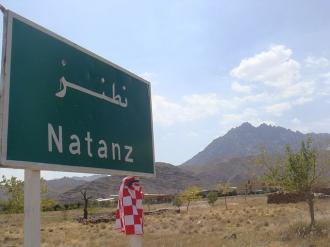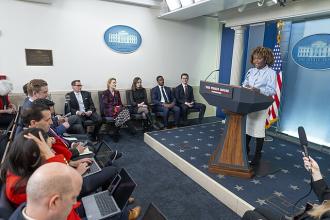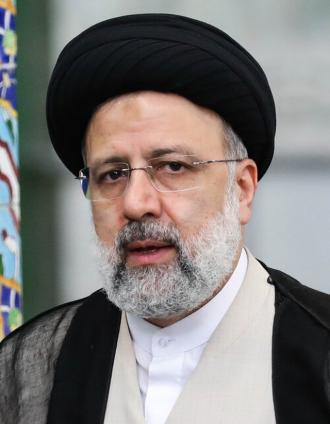North Korea made an offer to Israel in 1999 to scrap its agreements to provide its chief enemies with missile technology if the Jewish State paid it $1 billion in cash, The Wall Street Journal reported on Monday.
According to the report, North Korea’s ambassador to Sweden made the offer to his Israeli counterpart in a cafe in Stockholm, but the Israeli diplomat refused and instead offered to deliver food aid.
The talks ended without an agreement, and North Korea remained a steady supplier of missile technology to countries like Iran and Syria.
The Wall Street Journal, which cited former North Korean diplomat Thae Yong Ho, said they reached out to then-Israeli ambassador to Sweden, Gideon Ben Ami, and the North Korean envoy, Son Mu Sin, but both declined to comment on the report.
Ben Ami said in a televised interview last week that he met with North Korean officials three times in 1999, but did not comment on the $1 billion offer.
The US and North Korea held talks over its missile exports around the same time as the alleged offer to Israel was made, according to declassified documents from the US State Department.
North Korea was apparently open to ending its missile exports in return for economic compensation, and the State Department documents reveal that US diplomats encouraged North Korea “to understand that economic benefits came in many guises, including humanitarian assistance.”
Israel’s Transportation and Intelligence Minister, Israel Katz, said in April that Iran and North Korea have been developing ballistic missiles together.
“Yes, I think there is cooperation as it belongs to developing the ballistic missiles. And we have the evidence. We have a lot of evidence.”
A UN report from last year stated North Korea’s ability to “manufacture and trade in sophisticated and lucrative military technologies using overseas networks.”
In March, Israel admitted to having targeted a Syrian nuclear reactor built by North Korea in 2007.
The airstrikes, which destroyed the reactor, revealed yet another client of North Korea.
Israel is worried about neighboring states' nuclear intentions, especially Iran's.
In May, Israel’s ambassador to the UN sent a letter to the Security Council accusing Iran of testing ballistic missiles capable of carrying nuclear warheads on January 2.
Ambassador Danny Danon said that a variation of the Shahab-3 medium-range missile had been tested southeast Iran, and that the Islamic Republic thus violated a UN Security Resolution 2231.
“Both the Shahab-3 and Scud missiles are Missile Technology Control Regime (MTCR) category one ballistic missiles, capable of delivering a nuclear payload of 500 kilograms for a range of over 300 kilometers. Iran’s activities, are therefore, in violation of Article 3 of Annex B to Security Council Resolution 2231,” Danon’s letter read.
Israel insists that it will prevent Iran from acquiring nuclear weapons while supporting US’ demands that Iran must end its proliferation of ballistic missiles and halt further launching or development of nuclear-capable missile systems.















